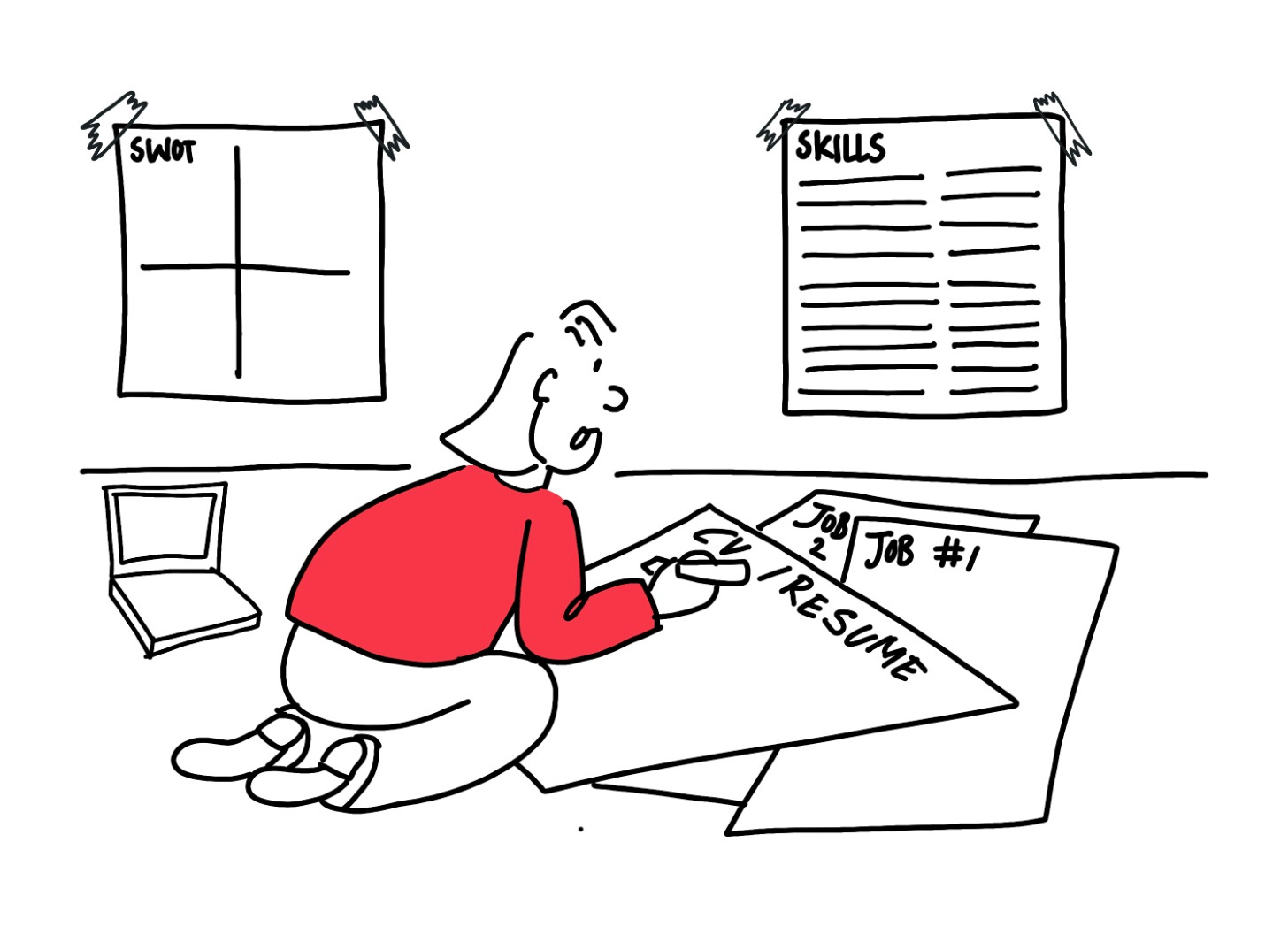I asked ChatGPT what the first 10 questions are that career changers ask. Number six on the list: How do I update my resume/CV for a new career path?
I’m currently in a pivot in my business (want to know more? Go here: A scary roller-coaster (x2), and also: scroll down to the bottom of this post). My inspiration for these posts c…





